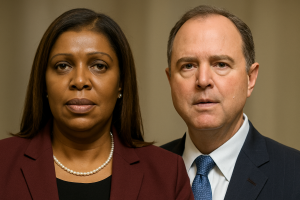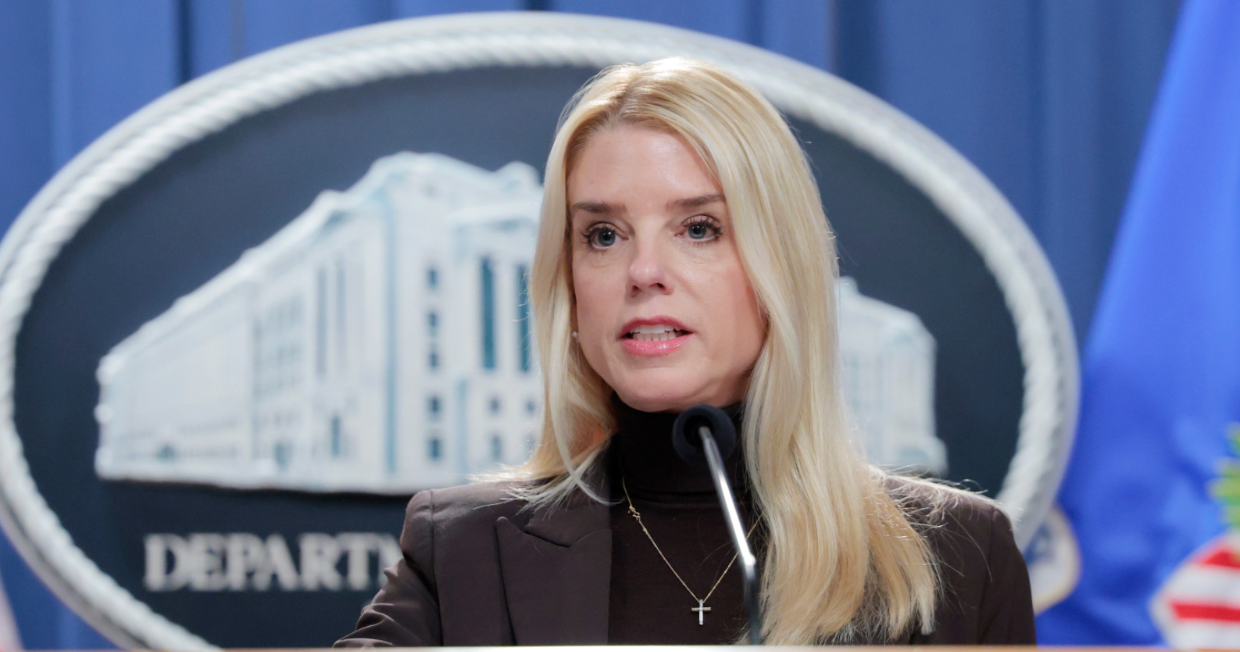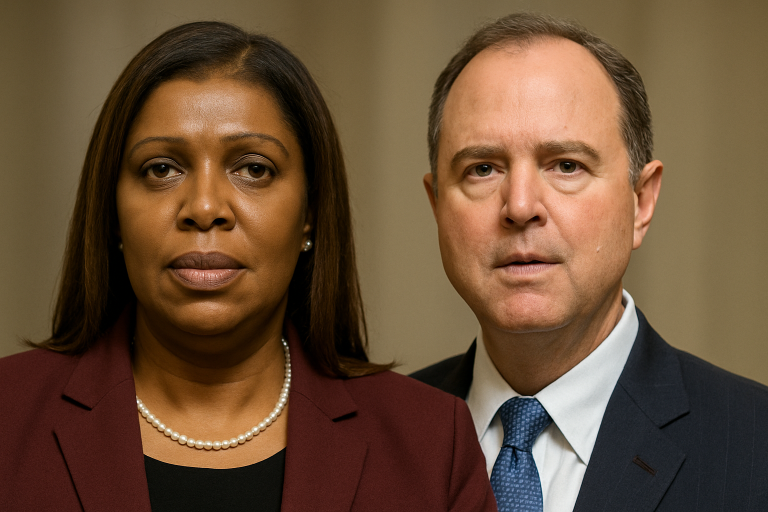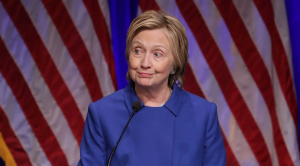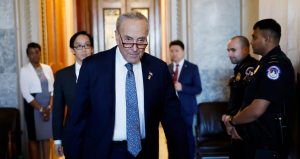Ethics Under Scrutiny: The Chris Flanagan Case and Public Trust
Massachusetts State Representative Chris Flanagan is facing federal charges for allegedly embezzling $36,000 from a former employer, using the funds for personal expenses and campaign financing. The indictment, brought by U.S. Attorney Leah Foley, details a 14-month pattern of misuse, including payments for clothing, home appliances, toys, debt repayment—and even psychic services.
Flanagan’s case follows a series of political scandals in Massachusetts, including the recent bribery conviction of Boston City Councilor Tania Fernandes Anderson, intensifying public concern about ethics and accountability in state politics. Critics say these are not isolated incidents but signs of deeper systemic issues. The scandal has renewed calls for campaign finance reform and stronger oversight of elected officials.
#ICYMI MA State Rep. Christopher Flanagan has been arrested on federal public corruption charges alleging he defrauded a local trade association of $36,000 to fund political campaign, pay mortgage & credit card bills, and make other personal expenses.
🔗https://t.co/9coIisVBxD pic.twitter.com/t0lLZdTqsb— U.S. Attorney Massachusetts (@DMAnews1) April 11, 2025
The fallout has triggered bipartisan calls for his resignation, with Governor Maura Healey and legislative leaders citing a severe breach of public trust. The scandal is part of a troubling pattern in Massachusetts politics, renewing calls for ethics reform, independent oversight, and stricter campaign finance laws.
Experts emphasize that this isn’t just a local issue—it reflects deeper national concerns about weak financial controls in political systems. With trust in government already fragile, incidents like this risk further eroding civic engagement unless systemic reforms are enacted. Public outcry, fueled by media coverage and social media, is demanding transparency and accountability—both in Massachusetts and beyond.

